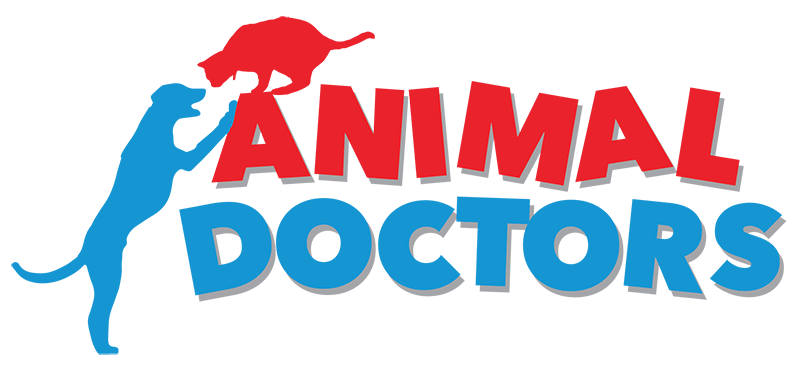What Are the Symptoms of Canine Flu?
Most dogs with canine flu show signs of respiratory illness. Coughing, runny nose, fever, loss of appetite, and general lethargy can all be symptoms of the disease. However, some dogs can carry and spread the disease without showing any symptoms. Dogs are usually contagious for several days to over a week before symptoms become noticeable. In more severe cases concerns are pneumonia, lung lesions, and even death.
Is My Pet at Risk?
Any dog who comes into contact with other dogs, areas where other dogs have been in the past 48 hours or people who have come into contact with other dogs in the past 12-24 hours could be at risk. This is because K9 flu can live on surfaces for 48 hours, clothing for 24 hours, and hands for 12 hours. We are currently recommending that owners of any dogs who go to the groomers, the dog park, a boarding kennel, or a doggie daycare take precautions to protect their pets. However, pets that don’t go to any of these places could be exposed as well.
How Can I Protect My Pet?
The best protection you can currently offer your dog is both vaccinations for K9 flu. Additionally, you can be mindful of other dogs- keeping your pet separate from any dog exhibiting flu-like symptoms. If you have come into contact with a dog exhibiting symptoms change your clothes and wash thoroughly before greeting your pets. Watch for news of outbreaks in our area. Limit your pet’s socialization with other dogs during outbreaks. H3N2 is also contagious to cats. There is currently no vaccine for cats. If your pet shows symptoms, contact your veterinarian.
What We Are Doing to Protect Your Pet
We take extra precautions to keep your pets safe in our office. One of which is to not have dogs that may have K9 flu in the waiting area. We ask for your cooperation with this. Dogs with respiratory illness will be asked to wait in the car until we can take them directly into an exam room. That exam room will then be thoroughly sanitized before being used for the next patient. In cases where there is a high likelihood of contagious illness, we may perform the entire exam at your vehicle while wearing protective equipment. We apologize for any inconvenience this may cause, but our patients’ safety is our first priority.
What Do I Need to Know About the Vaccines?
We use a bivalent vaccine that protects against both the H3N8 and H3N2 strains of the virus. In dogs that have been vaccinated, the vaccines either prevent the flu entirely or significantly reduce the severity of symptoms and length of time that a dog is sick. They have been proven safe in thousands of dogs. The first vaccine is repeated in three weeks. After the first two doses, vaccines are given annually as a booster. There is no research documenting the effectiveness of the vaccine after 1 year and 6 weeks. For pets that are more than 6 weeks past due for their annual flu vaccine, you may want to consider another booster 3 weeks later.
If you’d like to discuss whether the flu vaccine is right for your pet, please reach out to your veterinarian.

